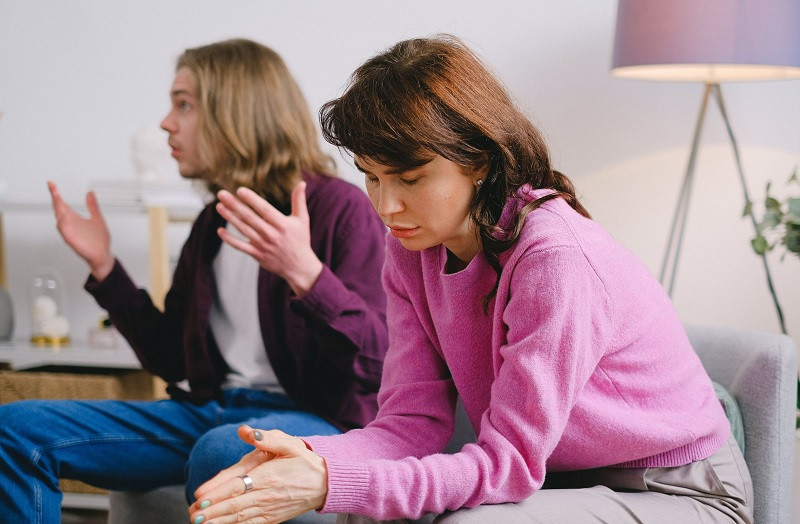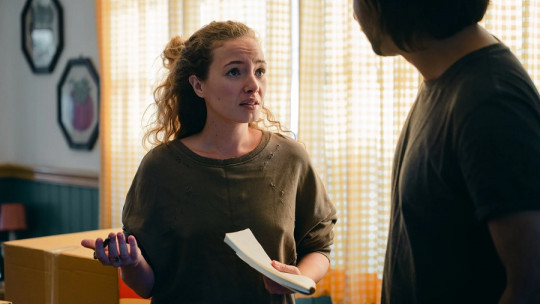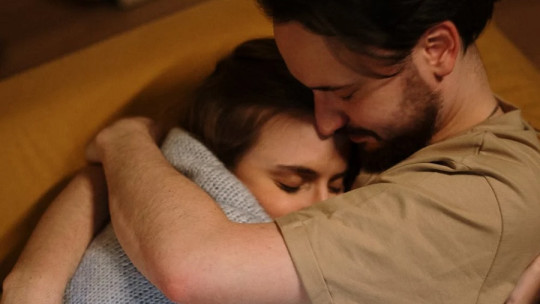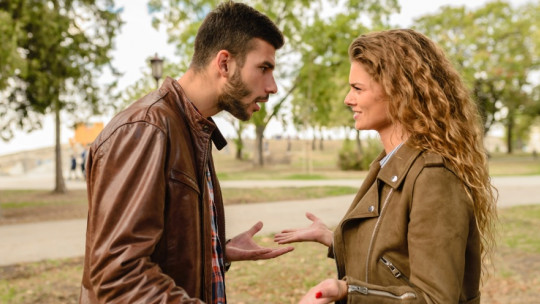As is known, People who are in a relationship, especially in times of crisis, act as “persecutors” , they try to solve the conflict at the moment. They want to talk, they insist and demand.
In this article we look a little more closely at those others who, in the same conflictive situations, tend to react by avoiding: they do not talk much (or at all), they do not want to continue the discussion and prefer to withdraw, isolate themselves and “let the storm pass.” . The reactions of each of them trigger the reactions in the other, thus creating a negative cycle in the way we relate
The importance of attachment styles
We are all human and have different ways of expressing and reacting to life’s problems. The same happens with our partner, who is the most significant person with whom we decide to share our life. All these ways of reacting to emotional situations are called attachment styles and they are modeled from our first life experiences, not only with our parents, but later with our siblings, other close relatives, friends, co-workers, etc.
These attachment styles continue to influence each of us, how we understand, feel and behave in relationships in adulthood.
People who tend to withdraw emotionally or even physically to avoid the bad moment of a conflict with their partner are people who seem emotionally unavailable : They avoid closeness or intimacy with the people who matter most to them, especially in times of tension. They can be people of any gender, although traditionally it used to be described as behavior associated with a masculine role: logical, practical and rational.

Avoidance dynamics in relationships
Avoidant people typically numb or repress emotions; This is especially important in times of conflict, because They may feel that they cannot do anything to ‘resolve’ the situation
They usually avoid fights and arguments because they may feel them so overwhelming that they prefer to physically withdraw from the room or emotionally ‘inward’. This It is the way they have learned to protect themselves from what hurts them ; Throughout their experiences in life they have developed a way of coping with uncomfortable emotional situations, that is, keeping distance from what can hurt them, be overwhelming or threatening.
Thus, people who avoid their partner have a very painful internal struggle between getting closer and moving away emotionally because they feel inadequate, sad, rejected. They think that they are not worthy of love because they are not enough for their partner and at any moment they are going to abandon them.
This “not feeling worthy” makes them feel even more insecure and inadequate in their relationships, so it is safer for them to avoid any situation or conflict that poses an emotional risk or exposes their vulnerability.
In their way of acting, what is seen on the outside is that they normally minimize, they look for a positive perspective; they remain silent or withdraw into themselves without finding words that express all that world that they have inside
There are avoidant people who can also “explode”, but with the difference that they do it to protect the deep need to have their own space and calm the situation (while persecuting people usually do it to be able to continue talking and resolve the conflict in that moment).
The importance of facing communication problems in a couple
The vast majority of people protest the disconnection with our partner This protest can be more external (in the form of shouting) or more internal (silence or leaving the room). For example, when a conflict appears in the AB couple, A’s way of acting activates a personal interpretation and emotions within B who, in turn, reacts to protect what he feels.
This reaction of B also activates a personal interpretation and emotions in A, who responds again. This negative cycle that repeats itself over and over again in different situations is responsible for the relationship deteriorating.
It should be noted that within the world of the TFE, they are not found guilty Both people who are called ‘avoiders’ and those called ‘persecutors’ want to reconnect with the person they have chosen to live their lives with, but they also need to protect themselves, take care of what they feel inside. It is always assumed that each person does it the best way they know how.
Emotions are the messengers of love, actions are its shield, thoughts are the sword that interprets.









